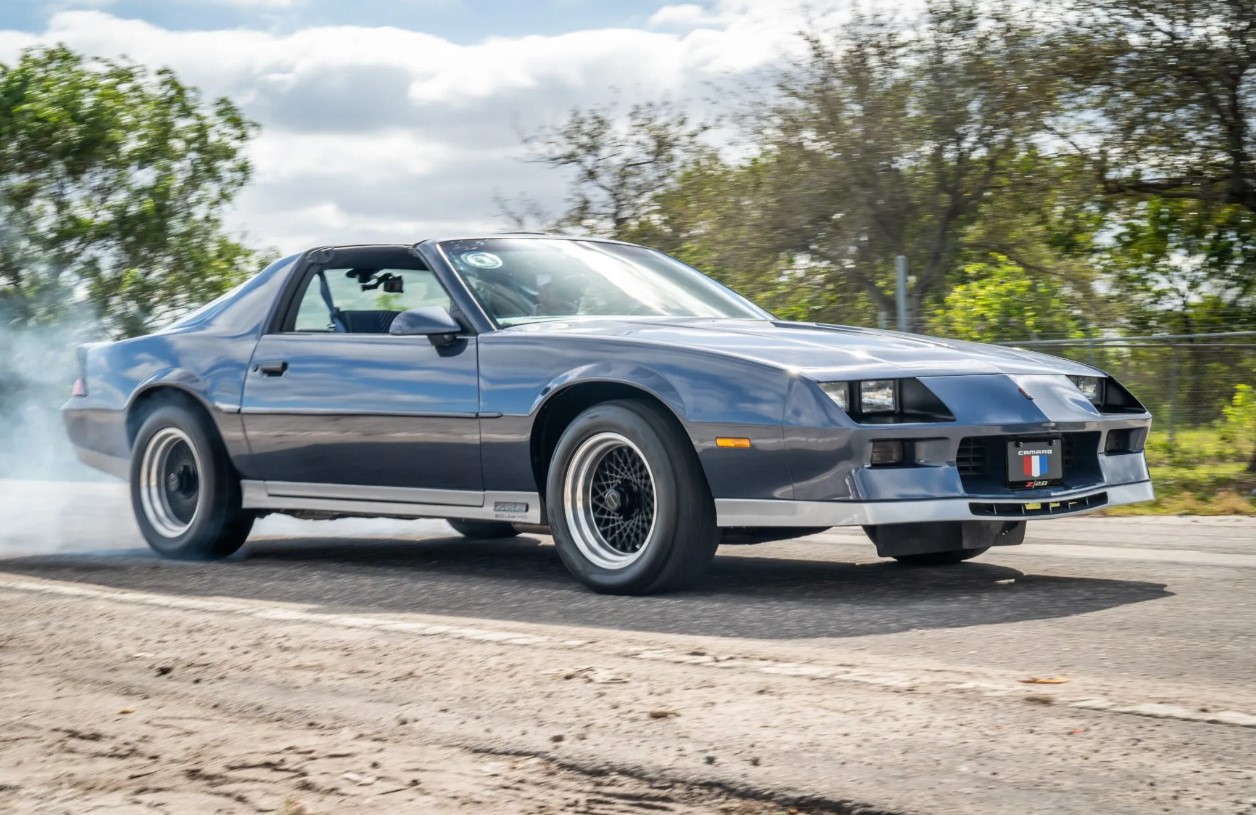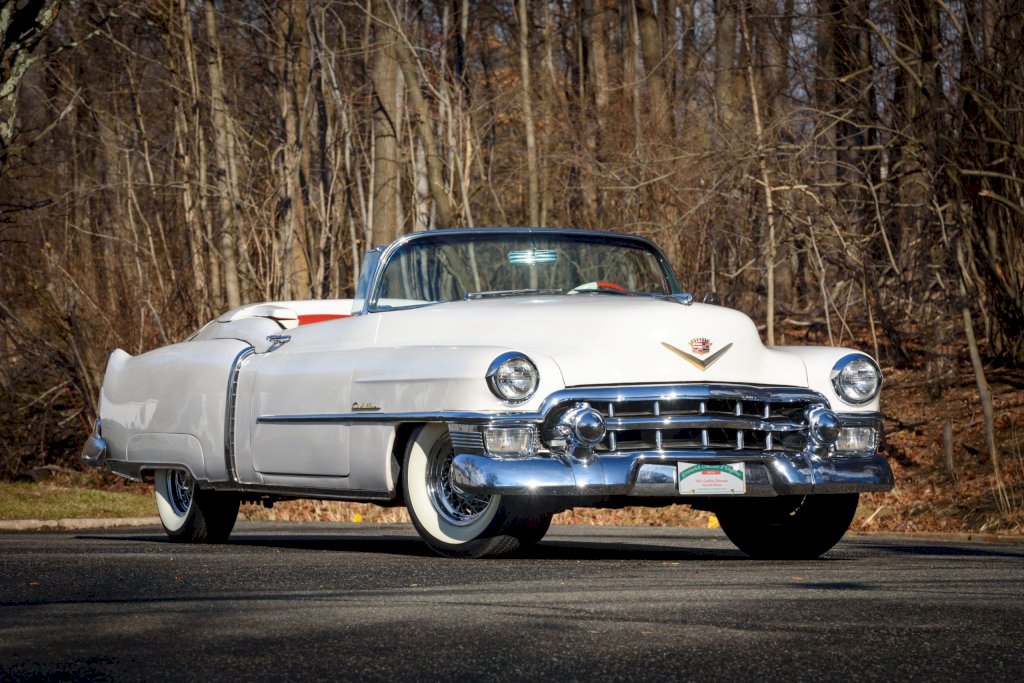In the mid-20th century, the world of automotive design and engineering witnessed a revolution, one that gave birth to some of the most iconic and groundbreaking cars in history. Among these vehicles, the Citroën ID19 stands as a remarkable testament to innovation, elegance, and the indomitable spirit of French automobile engineering. Produced between 1956 and 1968, the Citroën ID19 combined avant-garde design with cutting-edge technology, setting new standards for automotive comfort, safety, and performance. In this comprehensive exploration, we delve into the history, design, features, and lasting impact of the Citroën ID19, a true French automotive icon.
History and Development
The Citroen ID19 was introduced in 1956 as a more affordable and accessible version of the highly acclaimed Citroen DS, which had been launched a year earlier. The DS had taken the automotive world by storm with its futuristic design, hydraulic suspension system, and various other innovations. However, the high price tag of the DS made it inaccessible to many potential buyers. The ID19 was developed to address this issue, offering a more economical alternative without compromising on the overall quality and design.
The name "ID" is derived from the French word "idée," which translates to "idea." The ID19 was indeed a brilliant idea, as it allowed Citroen to cater to a wider audience with its avant-garde design and technological prowess. The ID19 shared many features with its more expensive sibling, the DS, such as the streamlined body, hydraulic suspension, and advanced braking system. However, it was equipped with a less powerful engine and simplified interior to keep the costs down.
Design and Features
Exterior Design
The Citroen ID19's exterior design was a testament to the forward-thinking approach of the company during the 1950s and 60s. With its sleek, aerodynamic lines and distinctive front-end styling, the ID19 looked like no other car on the road at the time. The car's design was heavily influenced by aeronautical engineering, which contributed to its excellent aerodynamic performance and fuel efficiency.
The ID19 featured the same iconic "shark nose" front end as the DS, with its distinctive headlights and intricate grille design. The car's low, wide stance and flowing lines gave it a futuristic appearance that was years ahead of its time. The ID19's design not only looked impressive but also contributed to its exceptional road-holding capabilities and ride comfort.
Interior Design
The interior of the Citroen ID19 was designed with simplicity and practicality in mind. The dashboard was uncluttered, with easy-to-read gauges and a minimalist layout. The car's steering wheel was uniquely designed, with a single-spoke construction that allowed for a clear view of the dashboard. The seats were comfortable and spacious, providing ample room for both the driver and passengers.
One of the key features that set the ID19 apart from its competitors was its hydropneumatic suspension system. This innovative technology provided the car with a remarkably smooth and comfortable ride, unmatched by any other car of its time. The suspension system used pressurized nitrogen gas and hydraulic fluid to automatically adjust the car's ride height, ensuring optimal comfort and handling regardless of the road conditions.
Engine and Performance
The Citroen ID19 was initially powered by a 1.9-liter, four-cylinder engine that produced 75 horsepower. This engine was later upgraded to a 2.1-liter unit in 1965, which increased the power output to 83 horsepower. While the ID19 was not a particularly fast car, its performance was more than adequate for its intended purpose as a comfortable and efficient family saloon.
The ID19 featured a front-wheel-drive layout, which contributed to its excellent traction and stability in various driving conditions. The car's hydraulic braking system was another innovative feature that set it apart from its contemporaries. The brakes were highly responsive and provided excellent stopping power, further enhancing the car's safety and handling capabilities.
Influence on the Automotive Industry
The Citroen ID19 had a profound impact on the automotive industry, with many of its innovations and advancements serving as inspiration for subsequent vehicle designs and technologies. The car's hydropneumatic suspension system, in particular, paved the way for further developments in suspension technology, with many modern vehicles incorporating similar adaptive suspension systems.
The ID19's hydraulic braking system also influenced the development of braking technology, with many cars adopting similar systems for improved braking performance and safety. The car's unique power steering and transmission systems were also seen as groundbreaking at the time and helped to shape the future of automotive engineering.
Citroen's bold and innovative approach to vehicle design and engineering, as exemplified by the ID19, has left a lasting legacy in the automotive world. The company's willingness to challenge conventional wisdom and push the boundaries of what was possible in a family saloon car has earned it a reputation as a pioneer in automotive history.
Legacy and Impact
The Citroen ID19 enjoyed a successful production run from 1956 to 1968, during which time it gained a loyal following and earned widespread acclaim for its innovative design and technology. The ID19, along with the DS, played a crucial role in cementing Citroen's reputation as a pioneer in automotive engineering and design.
The ID19's revolutionary features, such as its hydropneumatic suspension system and hydraulic braking system, inspired many subsequent automotive innovations and advancements. The car's distinctive design and forward-thinking approach continue to influence modern automotive design, with many contemporary vehicles incorporating elements of the ID19's aesthetic and technological innovations.
The Citroen ID19 is now considered a classic car and enjoys a dedicated fan base among collectors and enthusiasts. Its unique combination of innovative design, advanced technology, and groundbreaking features make it a highly sought-after model for those interested in the history and evolution of the automobile.
Conclusion
The Citroen ID19, produced from 1956 to 1968, stands as a testament to the innovative spirit and forward-thinking approach of Citroen during the mid-20th century. Its groundbreaking design, advanced technology, and impressive features not only made it a popular car during its time but also left a lasting impact on the automotive industry as a whole.
From its sleek, aerodynamic lines to its revolutionary hydropneumatic suspension system, the Citroen ID19 pushed the boundaries of what could be achieved in a family saloon car. Its legacy lives on in the many subsequent vehicles that have been inspired by its design and technological prowess.
Today, the Citroen ID19 has earned its place in automotive history as a classic car with enduring appeal. Collectors and enthusiasts continue to appreciate its unique combination of style, comfort, and innovation, making it a much-admired icon of the golden age of automotive design.
As a pinnacle of automotive innovation during its time, the Citroen ID19 remains a shining example of how bold ideas and creative engineering can shape the future of the automobile industry. Its enduring legacy continues to inspire and influence the design and technology of modern vehicles, ensuring that the spirit of the Citroen ID19 lives on for generations to come.


